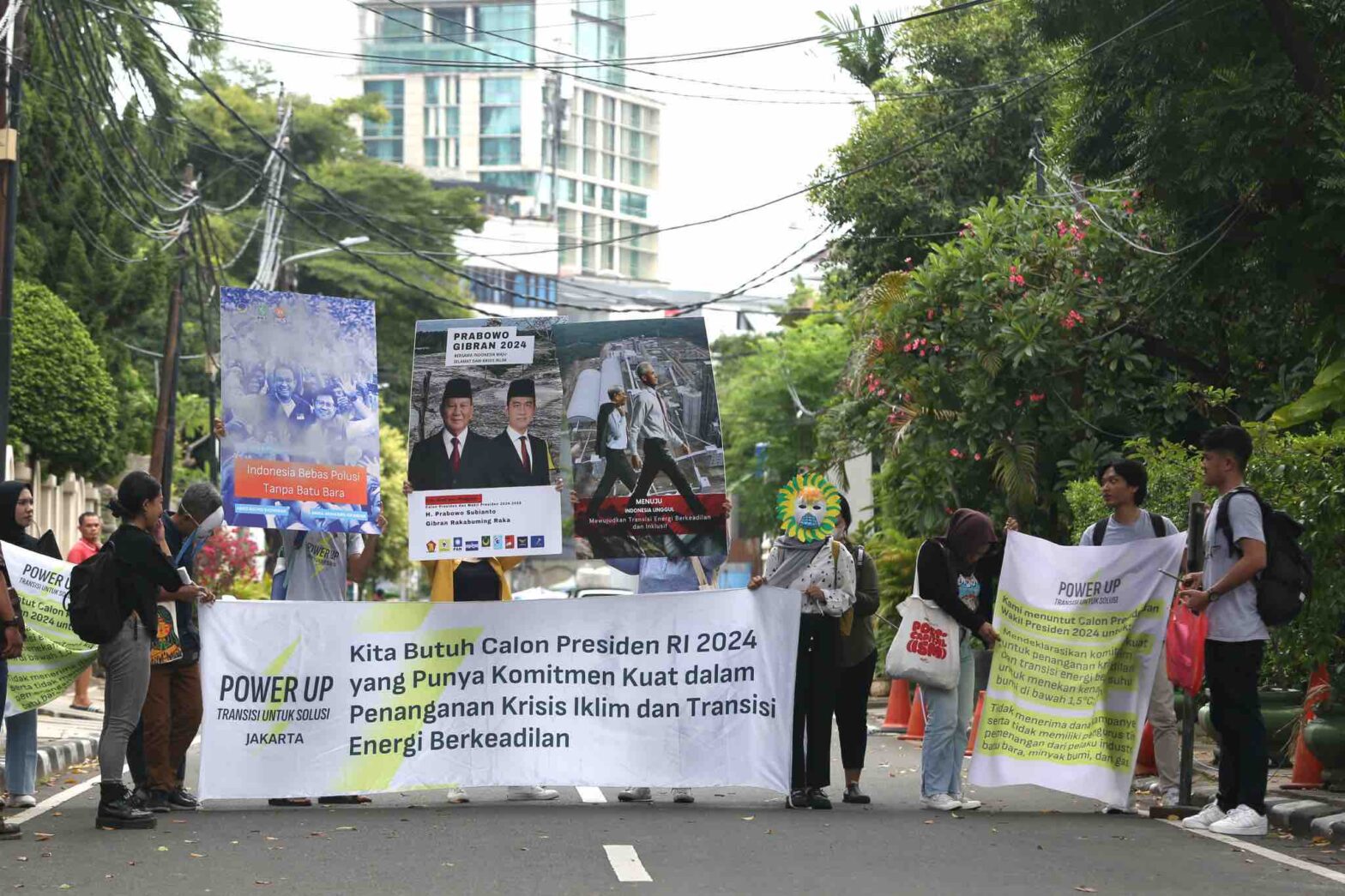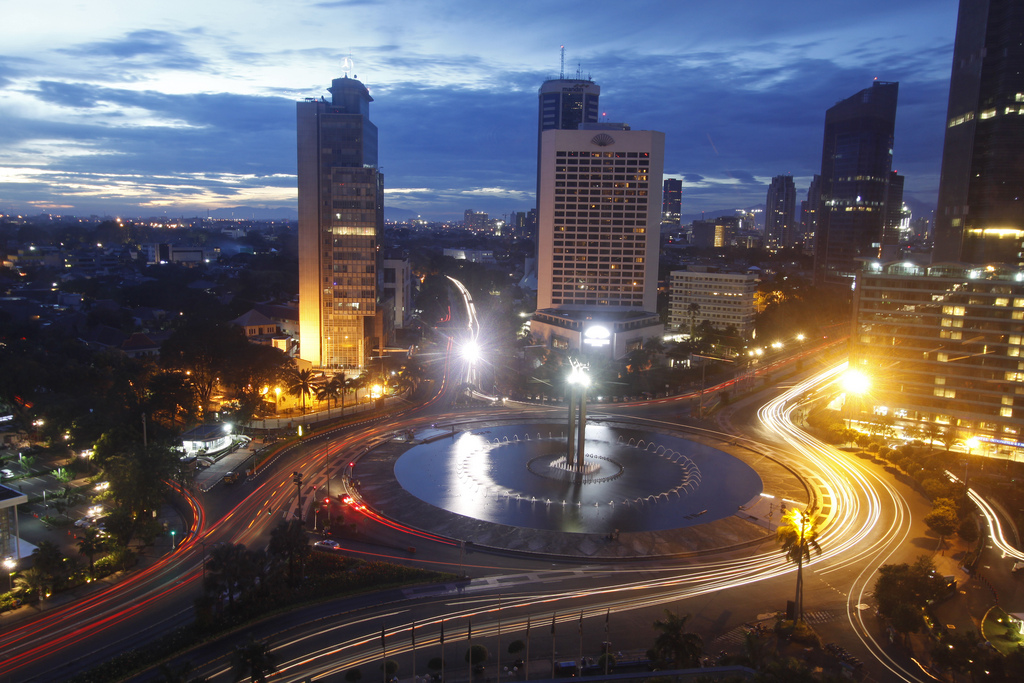WHO releases latest report that showcases health implications of climate change and steps taken by public health officials to uphold the Paris Agreement on climate change, while urging stakeholders to make the climate fight the air pollution fight and the healthier lifestyle fight.
This story was first published by Dhaka Tribune on December 12, 2018
Burning fossil fuels is not only heating up the planet but also killing seven million people per year by polluting the air. A new report launched by the World Health Organization (WHO) finds that climate change affects one of the key environmental determinants of health– clean air.
In its special report titled “Health and Climate Change”, launched at the 24th United Nations Climate Change Conference – COP 24 – WHO showcases the health implications of climate change and the steps taken by public health officials to uphold the Paris Agreement on climate change; and it presents recommendations for policymakers to mitigate the multifaceted impacts of a changing global climate on human health.

An old coal-fired power plant in Kosovo. Credit: Lundrim Aliu / World Bank via Flickr
“We should make the climate fight the air pollution fight and the healthier lifestyle fight,” said Team Leader, Climate Change and Health at WHO Dr. Diarmid Campbell-Lendrum — the report’s lead author. He said the sources of air pollution are the same as those of greenhouse gas emissions which are driving climate change, hence steps to protect the climate will also pay for themselves in terms of health benefits.
The report recommends seven actions: reducing emissions of carbon and air pollutants, including health implications of climate action in policy design, removing barriers to investment in health care facilities that are climate resilient, facilitating engaging health care providers as advocates of climate action, mobilizing mayors and subnational leaders as climate and health champions, and systematically tracking progress in health resulting from such actions.
M Ziaul Haque, Director of the Department of Environment and key negotiator of the Bangladesh delegation for COP 24, welcomed the WHO report.
“We think if pollution can be linked to climate change directly, its acceptability will increase and global attention on this issue will also increase,” he said, elaborating that short-lived climate pollutants (SLCP) are air pollutants that contribute to climate change. Black carbon from coal is an air pollutant that has a detrimental impact on health. Child mortality has increased due to air pollution, and around 120,000 people die due to air pollution every year in the country, he added.
Moreover, while Bangladesh does not have coal mines, it uses a lot of coal. Soot and particulate matter also contribute to global warming in the short term. In addition, brick kiln emissions are a major source of air pollution in Bangladesh and negatively affect health.
The Bangladesh government is trying to address this issue in its national policy and has a national action plan on SLCPs. Moreover, the Bangladesh Climate Change Strategy and Action Plan (BCCSAP) 2009 is being updated this year. In it, air pollution has been linked to mitigation. Also, the 1992 environment policy was updated in 2018 and shows the interlinkages between climate change and air pollution. Now it is focusing on transitioning to clean energy.
“If we can increase efficiency in the energy sector, reduce emissions, and increase renewable energy use, pollution will decrease and we will also get climate and health co-benefits,” Mr. Haque said.
Marlies Hesselman, Lecturer of International Law and Researcher of Global Health Law at the University of Groningen and an attendee of COP 24, said the WHO Report rightly underscores the importance of the human right to health as a key component of the UNFCCC legal framework in its first recommendation.
“A right to health perspective forces States to put their population’s essential interests in good health, clean air, adequate food, safe shelter, and clean water first in their design of climate action — both for adaptation and mitigation and in their international negotiations with each other,” Hesselman said.
“Human rights should be integrated into Nationally Determined Contributions and National Adaptation Plans — and people have a right to see it reaffirmed as a key guiding principle of the Paris Rulebook on Implementation that will be agreed in Katowice this week,” he added.
The WHO report for COP 24 is not the first to make the connection between health and climate change. A report launched by the New Climate Institute, Global Covenant of Mayors, and C40 cities – at the Global Climate Action Summit (GCAS) two months ago – titled “Climate Opportunity: More Jobs, Better Health, Livable Cities”, found that improved bus services and more extensive networks could prevent nearly one million premature deaths globally per year – from air pollution and traffic accidents – while reducing carbon emissions. The report also found that district-scale renewable energy for heating and cooling in buildings could prevent another 300,000 premature air-pollution-related deaths annually.
Moreover, the 2018 report of the Lancet Countdown on health and climate change finds that in varied ways, climate change already impacts human health and it will erode gains from progress made in public health and environment, as well as potential benefits of action. All these reports’ findings point to the urgent need to switch to low carbon energy sources and green growth.
“Climate action is not just the right thing to do – it makes social and economic sense. Meeting the goals of the Paris Agreement would reduce air pollution – saving more than a million lives each year by 2030,” said United Nations Secretary-General Antonio Guterres in his opening remarks at COP 24.
While COP 24 has focused on the linkage between health and climate change among policymakers, public awareness on this issue is critical to building a momentum for action. To that end, a campaign named “Every Breath Matters”, has recently been launched, in collaboration between the Berggruen Institute, and the Leonardo DiCaprio Foundation, spearheaded by a group of champions from all walks of life. The three-year campaign aims to raise awareness about this issue and create global public outrage to put pressure on decision-makers.

Callum Grieve speaking at COP 24 about the Every Breath Matters Campaign / Credit: Sohara Mehroze Shachi
“Seven million people are dying needlessly due to air pollution, and this is totally unacceptable in 2018,” said Callum Grieve, director of the campaign. “If the average citizen understood the devastating effects of air pollution, they would demand more action. That’s why the campaign aims to create outrage to create pressure on policymakers—so that they include the health aspect in climate action.”
Grieve explained that air pollution is visible, visceral, and most people are familiar with it, so connecting climate to health and air pollution makes the conversation much more real and tangible.
“Climate change and a 1.5 degree temperature rise in 50 years is a hard concept to grasp, but people are experiencing increased asthma and respiratory diseases now,” Grieve said, “so, the connection with air pollution and human health impacts is helping to make the climate change issue more immediate and more urgent for those who still do not see it.”
This story has been produced with the support of Stanley Foundation and the Internews Earth Journalism Network. Flickr



